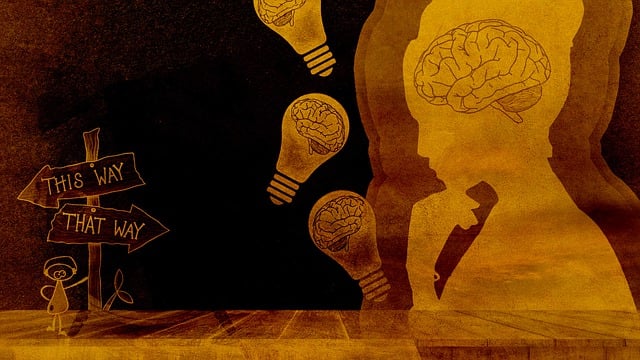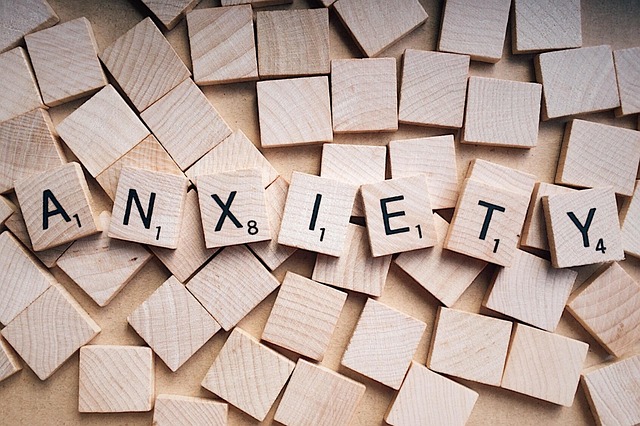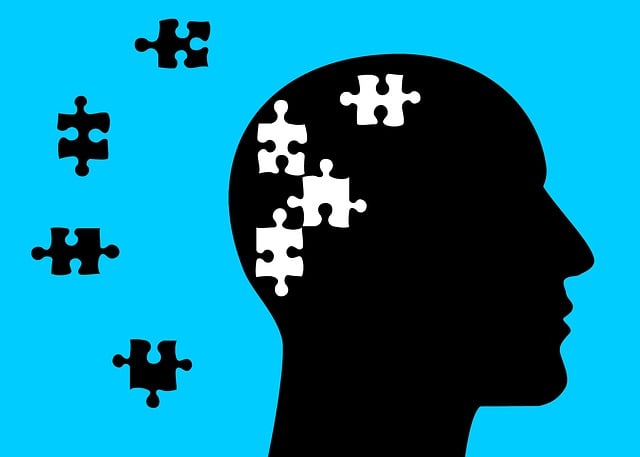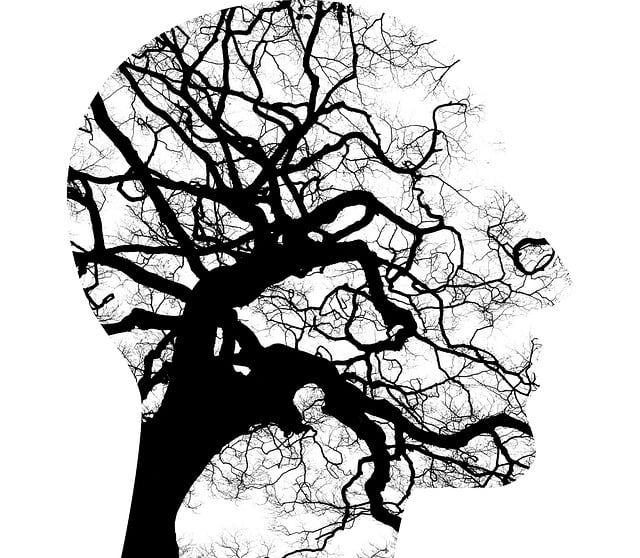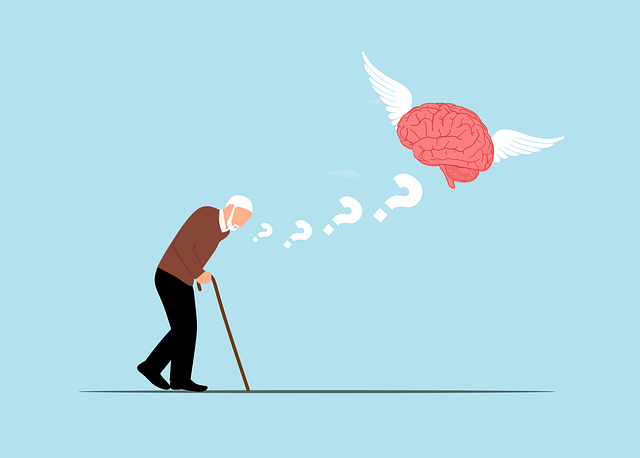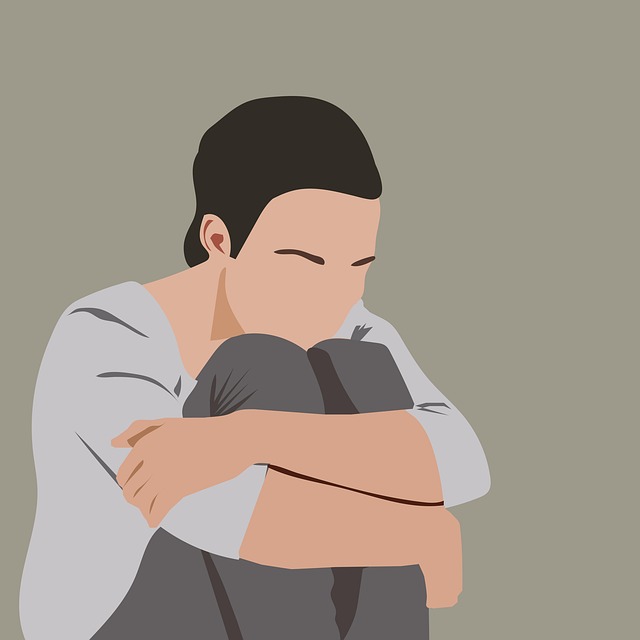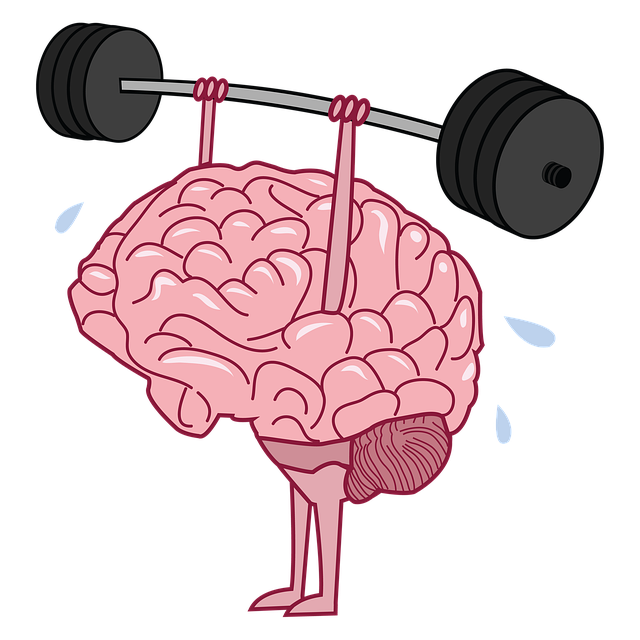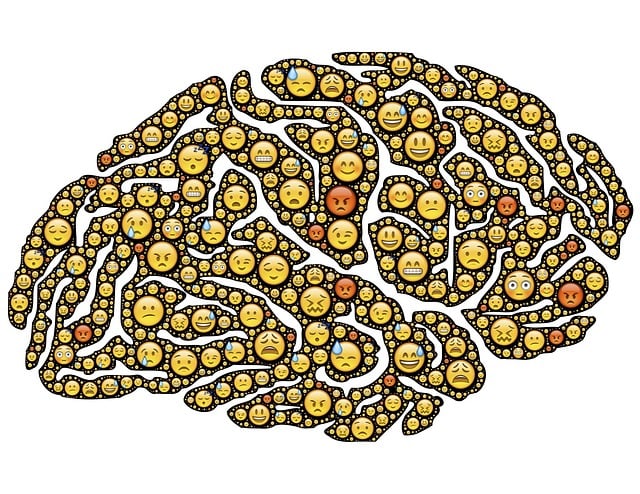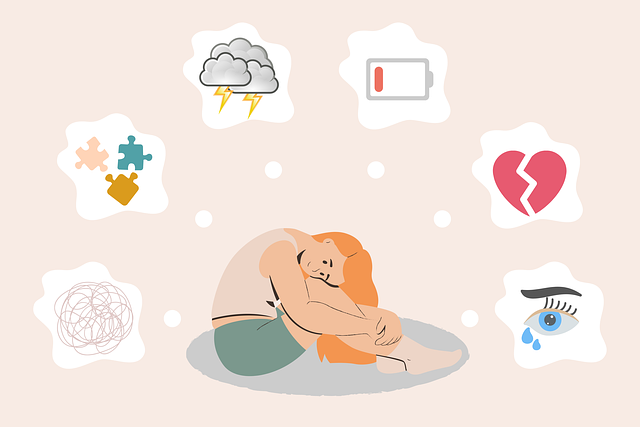Englewood Men's Issues Therapy emphasizes the unique challenges men face in seeking mental health support due to gender biases and cultural norms. They advocate for tailored, culturally sensitive self-assessment tools that encourage honest introspection and identify issues like stress, anxiety, and burnout. These tools should include strategies like Stress Management Workshops and Burnout Prevention, promoting proactive mental health management. Through advocacy for Mental Health Policy Analysis, they aim to break stereotypes and create a supportive environment. Effective assessments require diverse formats, mindfulness exercises, risk assessment features, and continuous improvement based on user feedback and expert input to align with the latest evidence in mental wellness, as highlighted by Englewood Mens Issues Therapy.
Mental wellness self-assessment tools play a crucial role in addressing men’s unique challenges in areas like Englewood, where access to therapy remains limited. This article explores the development of such tools, focusing on men’s specific needs and barriers to care. We first establish the importance of self-assessment in mental health, especially for men, before identifying gaps in existing resources. Subsequently, we discuss designing culturally sensitive and accessible tools tailored to men’s experiences, followed by strategies for implementation and continuous improvement. Understanding these aspects is key to enhancing mental wellness support for men in Englewood and beyond through effective therapy.
- Understanding Mental Wellness and Self-Assessment: A Necessary Framework for Men's Therapy in Englewood
- Identifying Gaps in Existing Tools: Challenges Faced by Men Seeking Support
- Designing Effective Self-Assessment Tools: Incorporating Cultural Sensitivity and Accessibility for Men
- Implementation, Evaluation, and Continuous Improvement: Ensuring the Success of Mental Wellness Self-Assessments
Understanding Mental Wellness and Self-Assessment: A Necessary Framework for Men's Therapy in Englewood

In the context of Englewood Men’s Issues Therapy, understanding mental wellness involves recognizing the unique challenges and barriers that men often face when seeking support. Traditional therapy models may not always cater to male clients effectively due to gender biases and cultural norms that discourage open discussions about emotions. Thus, developing tailored self-assessment tools is a crucial step towards addressing these issues. These tools should facilitate honest introspection, encouraging men to identify their mental health concerns, such as stress, anxiety, or burnout, which are prevalent in today’s fast-paced society.
Englewood, with its diverse community, can benefit from innovative approaches that promote mental wellness. The creation of self-assessment frameworks should consider local needs and cultural contexts, ensuring accessibility and relevance. By integrating practices like Stress Management Workshops Organization and Burnout Prevention strategies, these tools can empower men to proactively manage their mental health. Moreover, advocating for Mental Health Policy Analysis within the community can contribute to breaking down stereotypes and promoting open conversations, fostering a supportive environment for therapy and self-care.
Identifying Gaps in Existing Tools: Challenges Faced by Men Seeking Support

In the landscape of mental wellness self-assessment tools, there’s a notable gap when it comes to tailored support for men’s issues in communities like Englewood. Existing resources often fail to address the unique challenges and barriers that prevent men from openly discussing their emotional struggles, hindering access to appropriate care. Many traditional assessment tools may not adequately capture the nuances of male experiences, especially regarding mental health, leading to misdiagnoses or overlooked needs. For instance, men frequently face societal expectations to exhibit stoicism and suppress emotions, making it difficult for them to recognize and express vulnerability—a critical aspect of emotional regulation.
The absence of culturally sensitive and gender-specific tools exacerbates the challenges. Men seeking therapy in Englewood often encounter barriers such as a lack of male therapists or experiences that promote empathy building strategies. They might feel uncomfortable sharing personal details due to perceived stigma or fear of judgment, further complicating their journey towards mental wellness. This highlights the imperative need for innovative assessment methods that not only bridge these gaps but also foster open dialogue and encourage men to prioritize their emotional well-being, just as Englewood Mens Issues Therapy initiatives strive to do.
Designing Effective Self-Assessment Tools: Incorporating Cultural Sensitivity and Accessibility for Men

Designing effective self-assessment tools requires a nuanced approach, especially when catering to men’s unique mental health needs, as addressed by Englewood Mens Issues Therapy. Incorporating cultural sensitivity is vital; male individuals often face societal expectations and stereotypes that can impact their willingness to seek help and express emotions openly. Thus, the tools should be inclusive and non-judgmental, respecting diverse gender norms and cultural backgrounds. This involves using language and examples that resonate with men, fostering a safe space for self-reflection.
Accessibility is another key aspect; ensuring these assessments are available in various formats to cater to different learning styles and potential barriers. For instance, providing options like written questionnaires, audio recordings, or even interactive digital platforms can enhance engagement. Mindfulness meditation techniques could be integrated as a stress-reduction strategy, alongside exercises focused on self-esteem improvement, which are essential components of holistic mental wellness. Additionally, including risk assessment features helps mental health professionals identify potential crises, encouraging timely interventions.
Implementation, Evaluation, and Continuous Improvement: Ensuring the Success of Mental Wellness Self-Assessments

The successful development of mental wellness self-assessment tools involves a strategic approach to implementation, evaluation, and continuous improvement. Once created, these assessments should be pilot-tested within diverse populations to ensure their validity and reliability. This process includes gathering feedback from users, healthcare professionals, and experts in mental health to refine and enhance the tool’s accuracy and usability. Regular updates are essential to keep up with evolving research and best practices in mental wellness.
Evaluation is key to measuring the effectiveness of self-assessments. By tracking user engagement and outcomes, developers can assess whether the assessments are achieving their intended goals, such as identifying mental health concerns, tracking progress over time, or guiding individuals toward appropriate resources like Englewood Men’s Issues Therapy for stress reduction methods, self-esteem improvement, and resilience building. This data-driven approach allows for continuous refinement, ensuring that the tools remain relevant, effective, and aligned with the latest research in mental wellness.
The development of mental wellness self-assessment tools tailored for men’s therapy in Englewood is a significant step towards addressing unique challenges faced by this demographic. By identifying gaps in existing resources and incorporating cultural sensitivity, we can create accessible and effective assessments. This process ensures that men seeking support in Englewood receive appropriate care, fostering improved mental health outcomes. Such initiatives hold the potential to revolutionize engagement with therapy, ultimately enhancing the overall well-being of the community.
